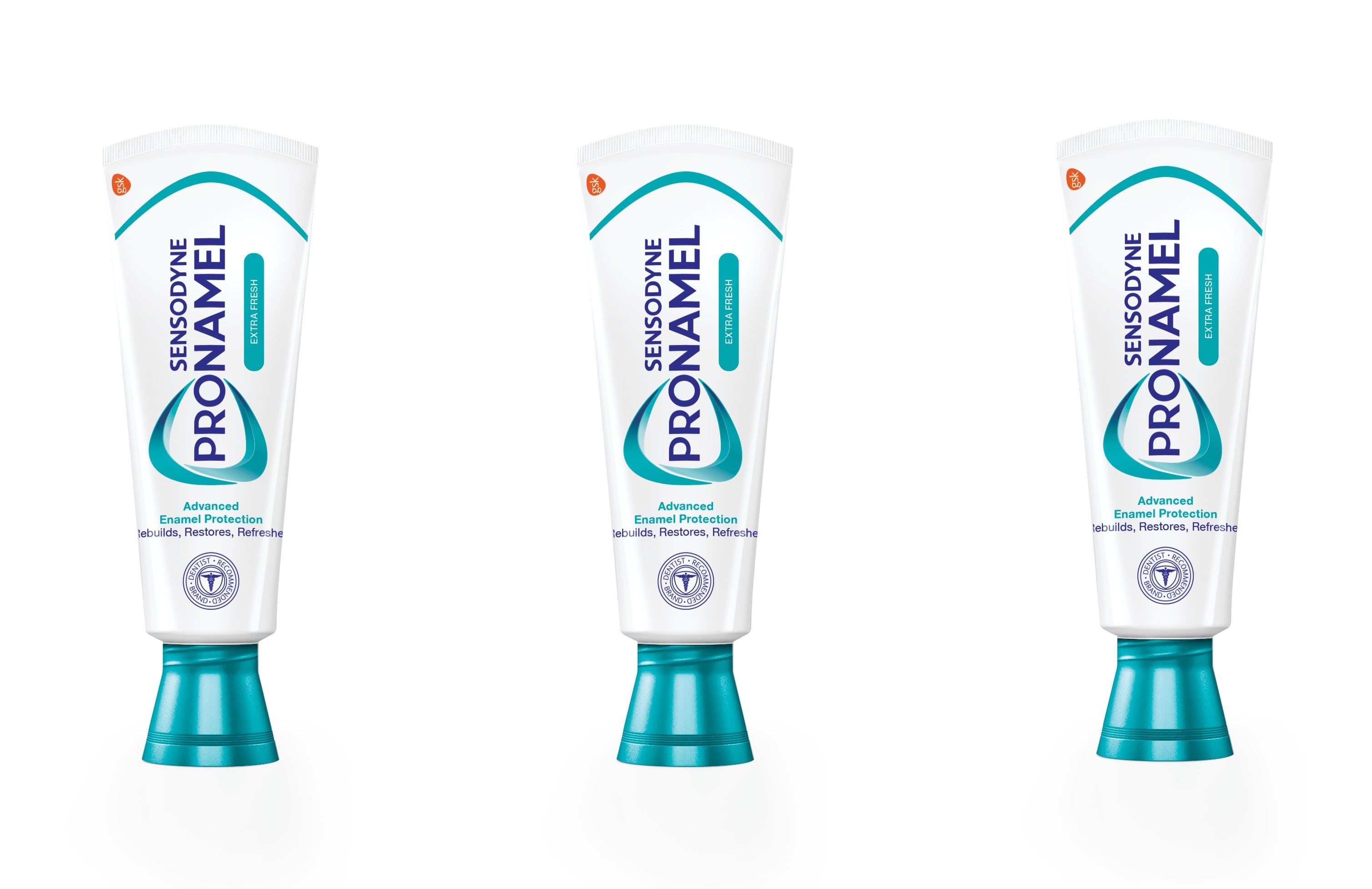The inaugural ESG Cosmetics report, conducted by business intelligence specialist alva, ranked 14 global cosmetic majors according to reputation relating to ESG efforts based on analysis* of publicly available data from December 2020 to February 2021 across print and online media, investor, regulator, government, public and NGO sources from 250 countries in 100 different languages.
Findings revealed all beauty companies were actively engaging on ESG issues, many of which were positively received. Rankings were established based on a points system from -100 to 100, with zero being neutral and 37 being the cosmetics sector average.
alva’s ESG ranking saw Kao take top spot with 66 points, followed by P&G Beauty (64 points), Estée Lauder (63 points), Beiersdorf (63 points), Unilever (63 points), Sephora (41 points), L’Occitane (33 points), Natura (31 points), Clarins (29 points), Revlon (20 points), Coty (18 points), L’Oréal (17 points), Shiseido (14 points) and Rituals (0 points).
*alva’s ESG analysis uses data tracking technologies to process 25 million pieces of content per day, each weighted according to visibility, influence, prominence and relevance. Analysis is conducted across 26 ESG issues from the globally recognised framework outlined by the Sustainability Accounting Standards Board (SASB).
Highlights from the findings showed Kao and P&G performed particularly well in packaging lifecycle management; Estée Lauder ranked well on the topic of environmental and social impacts of palm oil supply chains; Sephora was positively viewed for its efforts on ‘clean’ cosmetic brand curation; L’Occitane was appreciated for its France-based conservation efforts; and Natura recognised positively for its actions in reducing consumption of water, energy and raw materials.
Cosmetics ‘definitely a bit ahead’ of other industries in ESG
Siera Torontow, managing director of healthcare and consumer at alva, said a look at the biggest beauty companies in the world showed a positive overall alignment with environmental, social and governance issues.
“I think the cosmetics sector is definitely a bit ahead in terms of ESG, compared to some sectors,” Torontow told CosmeticsDesign-Europe.
“…Kao and P&G had no negativity during the period, which helps with positive scores. But the key takeaway is both companies had announcements of tangible metrics about moving closer to their ambition,” she said.
Kao Corporation, for example, secured a Triple A ranking in the annual CDP Rating back in December 2020 which generated positive and influential coverage for the company. In the same month, P&G launched its first recyclable toothpaste tubes, leading to an uptick in positive coverage.
“Goals are quite important, but what really differentiates companies is when they show concrete action and key milestones,” Torontow said.
For many years, the cosmetics industry had been focused on animal rights and environmental issues like packaging and water management, she said, but more recently had shifted gears to focus more on the social side of operations too, particularly during COVID-19.
Revlon, L’Oréal, Sephora and Estée Lauder, for example, had all publicly released the percentage of Black employees within their workforce, she said, and Sephora was working with a women’s mentorship and funding program to drive more engagement with BIPOC-founded (Black, Indigenous, and People of Color) brands in 2021.
Staying ahead of the curve – stakeholders are ‘louder’ and expectations ‘greater’
Torontow said that, moving forward, the beauty industry had to continue to increase its efforts across all facets of ESG equally – environmental, social and governance.
“We’re definitely in an era where the voices of multiple stakeholders are louder, and expectations are greater. And one of the things we see in the beauty industry, that is doing really well, is reaching out to stakeholders – NGOs and suppliers. It’s important to understand the two-way dialogue. [Beauty] needs to understand how stakeholder expectations are shifting because the industry is moving quicker.”
Unilever’s move as the first blue-chip company to give investors a say on the company’s climate strategy was a “fascinating and unique” example of this, she said.
“…There’s a lot of great progress and evident work to tackle the industry’s most potent ESG risks. However, I think that given that the sector is becoming more aware and moving very fast, to become a leader you’re going to have to continue to not just keep up with the trends, but stay ahead of them,” Torontow said.
alva’s next ESG report would be important to look at and compare to these inaugural findings, she said, particularly in terms of concrete actions being taken by industry and any further ESG strategy announcements. “It will be interesting to see what the data shows in the next few months,” she said.




